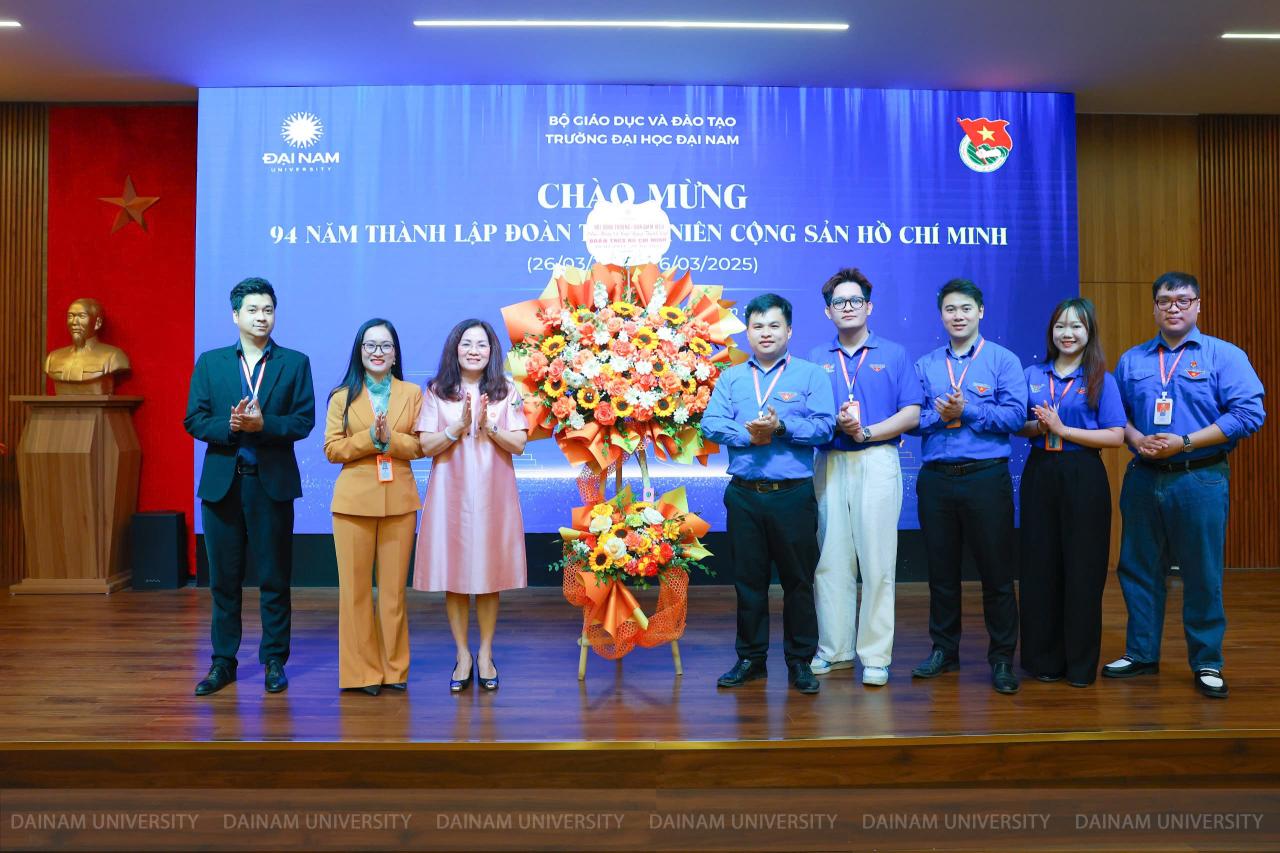Is a lazy generation forming in Vietnam?

"Rich does not come to those who sleep at noon. Noble does not come to those who are drunk all day long". Thinking back now, I still find this proverb true. And perhaps forever true.
However, sadly, such elements in society are increasing, especially among the youth, the group of people who seem to "break buffalo horns at the age of 17".
Lazy since childhood...
Compared to students today, it must be said that the previous generation, just like 7x, 8x, the generations closest to today's youth, had a much harder and more difficult life. Maybe it was due to the country's context after going through war with enemies who were all "imperialists" like France and the US, or due to the subsidy mechanism of the economy at that time, forcing people living in that era to struggle like that, including the generation of students. But on the other hand, it was that very situation that made people have to be diligent, have to strive to rise up with an almost absolute will to escape poverty, to escape the "oppression" from their own psychology.
Back then, before going to school or after coming home from school, even though their bodies were as “strong” as a half-eaten lollipop, students had to take care of their own meals – sometimes it was just fried rice (luckily there was still something to eat), noodles cooked with boiled water and some tomatoes, or hastily cooking lunch or dinner for the whole family and themselves. At that time, rice was not cooked with a gas stove or an induction stove like today, although in the capital, only families with the means could cook with an oil stove, otherwise, they could cook with a firewood stove or dry leaves picked up from the street.
In general, circumstances forced students to “work on their own” in all aspects, even earning money to support themselves. Because many students after school had to raise pigs and chickens, and sell goods on the street to collect every penny with their families. However, they still had to ensure their studies. But it should also be said that studying at that time was not like now, where students were taught and guided by their parents and teachers from a young age, but mainly self-study, self-discovery, research… Because parents living in the subsidized economic period honestly paid more attention to food and clothing than to their children’s education because living conditions were too limited, if not insufficient.

There are still many students in the city and urban areas today who are so lucky: they don’t have to do anything, and they don’t lack anything from food to books and school supplies… At all times, their parents prepare everything for them, of course, depending on the conditions of each family to take care of their children – families with better conditions will take care of them in a more well-off way, families with worse conditions will take care of them in a less well-off way. But everyone tries their best to give their children the most complete and perfect life possible.
Can you imagine that many high school students who are taller than a “pole” are still served food and water by their parents at mealtimes, and their ribs and fish are still boned and discarded by their parents as if they were 3-year-olds. During the school year, instead of having to prepare their own books and notebooks, their parents still do it all for them. The house doesn’t have to be swept, and their clothes don’t have to be washed. When it’s time to cook, sometimes the mother is busy in the kitchen while the child takes the opportunity to go out to the restaurant to play games while waiting for the rice to cook…
There is nothing easier to explain the happy and leisurely living conditions of the young generation than the fact that economic conditions have changed: more prosperous, more fulfilled, the psychology of parents wanting: “children better than their fathers”… However, that is only an excuse for parents to take excessive care of and spoil their children. While the consequences of such spoiling will at least be to make children lose their independence, making them lazy, relying on others for things that can be done within their reach…

And not only parents, but also schools indirectly “support” this laziness when the lightest, simplest work like sweeping the classroom is not required to be done by students. But all of it is done by the janitor. Students only have to ask their parents for money to pay for cleaning.
In fact, cleaning the classroom is not so hard and time-consuming that it would affect the health and study time of the children. But the method of choosing the janitor instead of the students has caused the children's labor consciousness to be eliminated, the consciousness of maintaining public hygiene is not formed, does not exist in the children's thinking and more importantly: children do not know how to respect and value the labor of others, consider enjoying the labor of others as natural because they do not know the value of the labor that must be spent...
Mr. Nguyen Hiep Thong, Deputy Director of the Hanoi Department of Education and Training, once said: "Lenin once said: Labor is also a form of educating human personality", but not forcing students to work in the form of cleaning the classroom is doing more harm than good, "loving each other like that is worth ten times more harm than good". In the future, this regulation will have to be reviewed and restored so that in addition to educating students about labor awareness, other life skills can also be taught to them."
… To adulthood
Not only children but also adults are becoming lazier in every aspect. After work, just go to the drinking places and you will see the scene has become… a “small matter”: adults, especially men, sit around, packed until late at night, leaving everything at home to their wives and children. And when they get home, they are no different from those who chose to go home rather than go out drinking after finishing the work day: either lying with their feet up on the chair waiting for the food to be brought to their mouths or lying down watching TV, letting their wives do whatever they want.
In the office, it is easy to see laziness, especially when the boss is away or “steals” some time from the office. At those times, if the computer screen is not online games from gentle to violent, it is also Korean soap operas, chatting, chatting on Facebook with friends. Even more openly, there is “wandering”, “swinging” on the street, drinking coffee and drinking beer… Who has the time to “sit alone” in one place to work, to research, to learn and update knowledge. Only a “crazy” person would do that!

The young generation is even more lazy. Out of seven days a week, they spend almost all seven nights chatting at the lemon tea shop. They don't bother to explore, read books to "gain" knowledge like many previous generations of young people. They also don't bother to work to train their awareness and physical strength to protect their health...
Just for peace of mind
There is an explanation for the laziness of Vietnamese people today: it is simply that the market economy along with the development of technology, besides creating conditions for people to have a better life and job, also makes people more lazy due to many temptations around. However, this explanation is only one cause, the deepest and most accurate cause is human consciousness. Because consciousness determines action. For example, comparing with the previous generation like our fathers, drinking is rarer than now, not because of money, economy, but even on holidays, New Year, death anniversaries... occasions that can be considered "drinking"... in a legitimate way, but not many people "drink together" to the point of "drinking in and talking out", only when it is moderate is it standing up.
The same goes for the office, working hard until the end of the day, the staff and civil servants raise their heads and stand up to finish their work, no one dares to leave their workplace to go somewhere else to "polish" the road. The reason for this is because the labor consciousness of people at that time was very high thanks to education and the difficult circumstances of the country, forcing them to strive and make efforts. They could not be content with their lot. But now, the irony is that, with a more prosperous economic life and better development conditions, people are easily satisfied with life, "settled down" with what they have, without the will to progress! This "situation" leads to laziness, lack of dynamism... of people today.
Lu Xun said: "On the road to success, there are no footprints of lazy people". The Bible also says: "No work, no joy" or "Heaven is the place of rest". Indeed, laziness has caused many Vietnamese people to become stagnant, lacking creativity and enthusiasm in work. Therefore, the percentage of Vietnamese people who can leave their mark on the world through personal effort and diligence like Professor Ngo Bao Chau is too small. Meanwhile, according to the police, crime is getting younger mostly because "idle hands are the devil's workshop".
According to tinvn.info
http://pose.com.vn/Giai-tri/Tin-nong/Mot-the-he-luoi-bieng-dang-hinh-thanh-o-Viet-Nam-_18435.html
Register for admission consultation 2025
scholarships and tuition support worth up to 55 billion VND

scholarships and tuition support worth up to 55 billion VND









